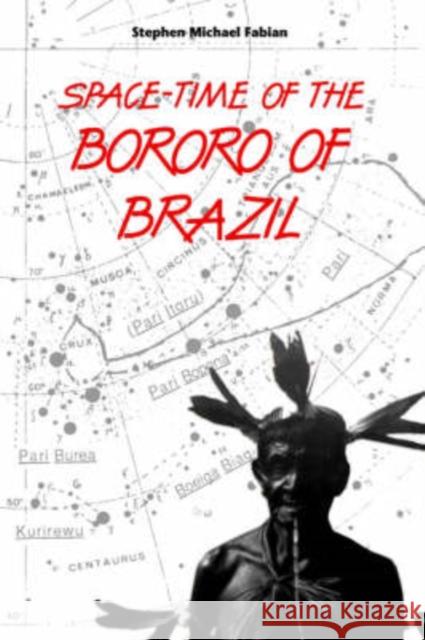Space-Time of the Bororo of Brazil » książka
Space-Time of the Bororo of Brazil
ISBN-13: 9780813011042 / Angielski / Twarda / 1992 / 272 str.
"A superior book. It provides thoughtful insights into the worldview of a changing cultural group and shows how they incorporate their vision of the celestial sphere into their social and ceremonial structures."--Dr. Ray A. Williamson, author of Living the Sky
"Fabian confirms once again that literacy is not a prerequisite for rational or scientific thought."--Allyn MacLean Stearman, University of Central Florida
For America's native peoples, Fabian writes, the sky is a daily--and nightly--influence on their society and culture. In one of the first comprehensive studies of a lowland South American people's astronomy, he explains how the Bororo Indians of Brazil integrate the social, natural, and cosmic dimensions of time and space into their environment.
Fabian introduces the Bororo by recounting a newly collected version of their bird-nester myth that alludes to the spatial dimensions that govern Bororo village organization. Time is mapped onto the circular village structure, astronomical observations plot the nature and location of daily activities, and the perimeter of the settlement is synchronized with circadian and seasonal cycles. The village itself acts as a retrieval and classification system that functions much as lists or tables would in a literate society.
By using extensive cross-cultural materials and a holistic approach that emphasizes relationships rather than objects, Fabian lets the Bororo speak for themselves. His interpretive work combines myth and folklore with personal interviews, archival research, and discussion of his own participation in ceremonies and secular activities during the ten-month period he and his wife lived among the Bororo. Of interest to anthropologists, folklorists, ethnoastronomers, and students of religion, Space-Time of the Bororo of Brazil shows that the Bororo animate a complex, rational system, a realization, Fabian writes, "that must both broaden and deepen our understanding, appreciation, and respect for all native societies."
Stephen Michael Fabian is assistant professor of anthropology at Hanover College, Hanover, Indiana, and the author of numerous papers based on his field research in Latin America and Japan."











